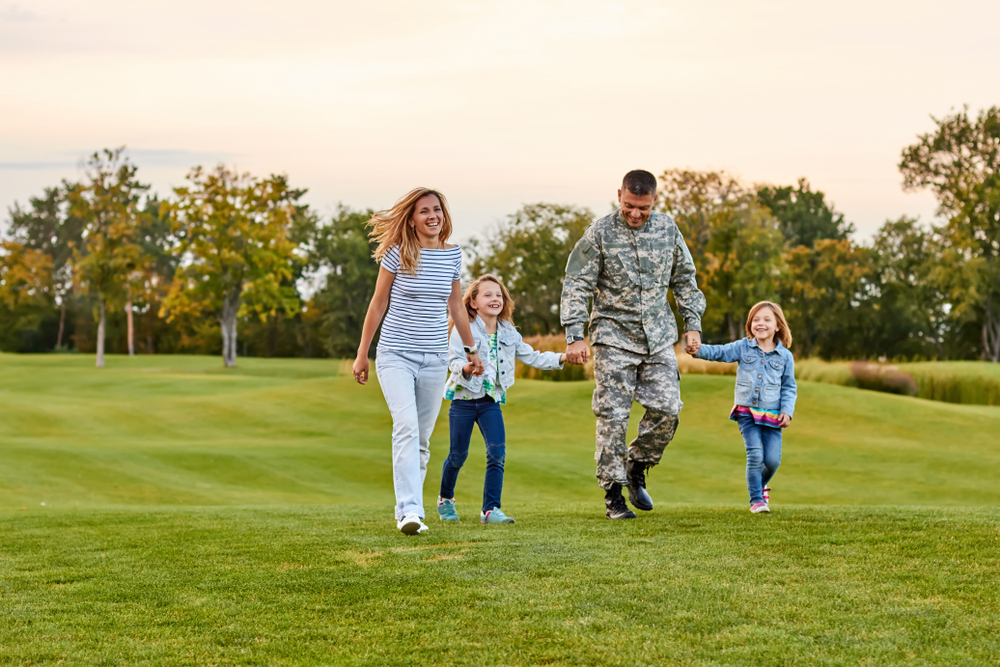Trauma can have a wide range of consequences on survivors’ mental and physical health, and can even be a heritable trait passed down through generations. If you are a member of a military family, you are especially vulnerable to traumatic events and their ripple effect. Educating military families about various trauma responses can be therapeutic for everyone.
What Unique Challenges Do Military Families Face?
The sacrifices of military life can be a source of significant psychological stress for service members and their families. For example, kids who grow up in households where one parent is frequently absent due to routine deployments may feel unstable and lonely. Small children who don’t understand the responsibilities of military service can be hurt when their active-duty parent misses major life events like birthdays and school plays.
Frequent relocations are also a challenge for many military families. For children, having to upend their lives every few years and start at a new school where they do not know anyone can make it challenging to put down roots and form lasting friendships. For spouses, gaps in their resume due to multiple moves could be an obstacle to finding a reliable, good-paying job.
Survivors of military-specific traumatic events such as serving in combat, seeing team members die or experiencing sexual harassment might not feel they can talk to anyone about their experiences, which can be isolating and stressful. As a result, they may withdraw from their loved ones and allow formerly healthy relationships to weaken.
Common Responses to Trauma
After a traumatic event, many people experience mild symptoms of post-traumatic stress disorder, but these resolve on their own in some cases. For other trauma victims, the resulting loss of control may make them feel detached or disassociated from reality, causing physical and emotional symptoms.
Brain scans of people with PTSD show hyperactivity in the areas that help us process and control our emotions. Due to these trauma-related brain changes, those living with PTSD have an overactive fight-or-flight response, causing ongoing feelings of being tense, nervous and edgy. Various triggers could cause intense nightmares, flashbacks or panic attacks, all of which can detract from your quality of life.
Many trauma survivors also experience co-occurring mental health disorders like social anxiety, agoraphobia, depression and substance use disorder. For partners and children, living with someone who is emotionally unpredictable, volatile and frequently unwilling to engage in the routines of family life can be upsetting, and the lack of trust can be considerable.
Military Families and Mental Health
At Hope by the Sea, we understand that military families experience much more insecurity and upheaval than the overall U.S. population, along with correspondingly higher rates of co-occurring substance abuse and mental health disorders. That’s why we have created our comprehensive addiction treatment program to help military family members address these challenges.
Hope by the Sea accepts TRICARE, allowing us to provide affordable detox, inpatient treatment and recovery support. We also belong to the VA’s Community Care Network. This Veterans Day, don’t wait to get life-changing help for yourself or your loved ones. Contact our California rehab center today to learn more about what we can do for you.

